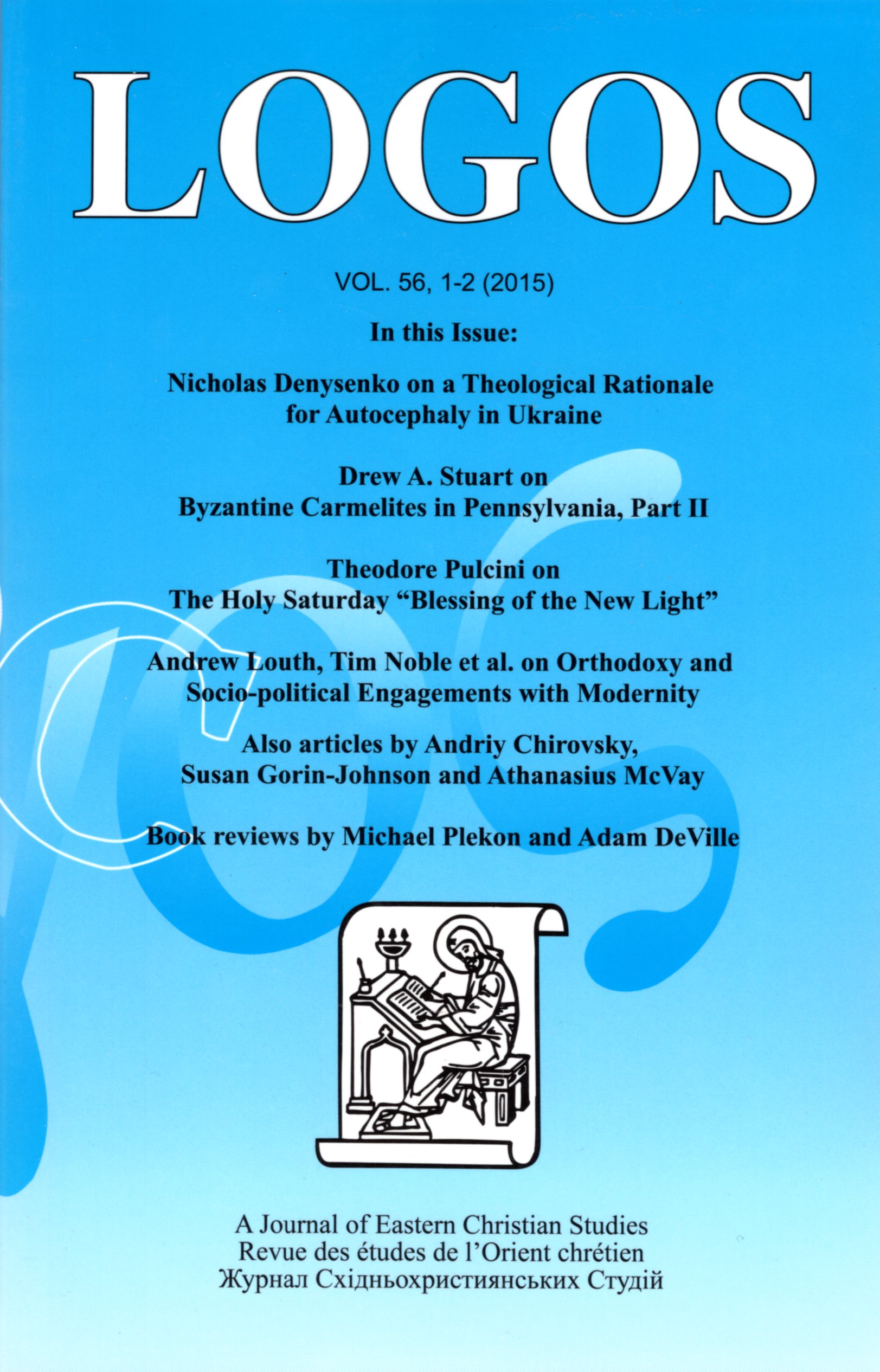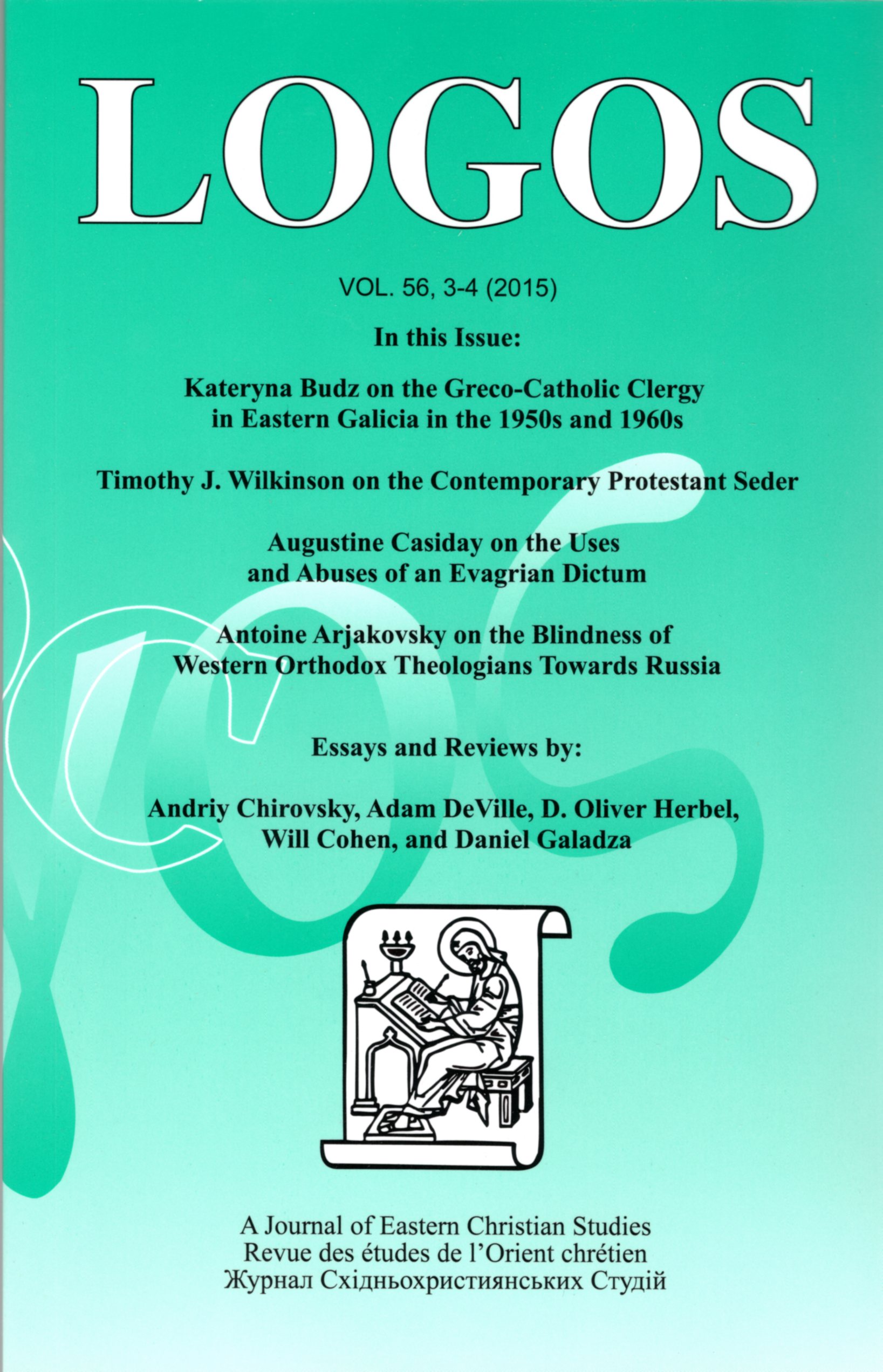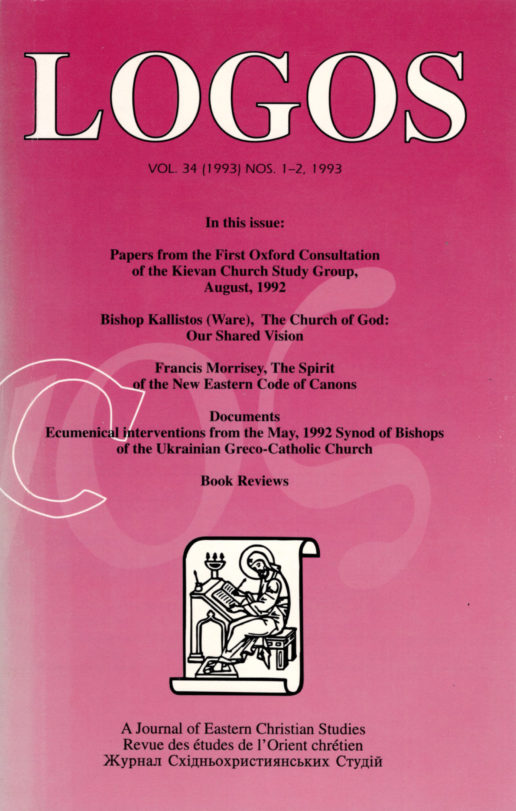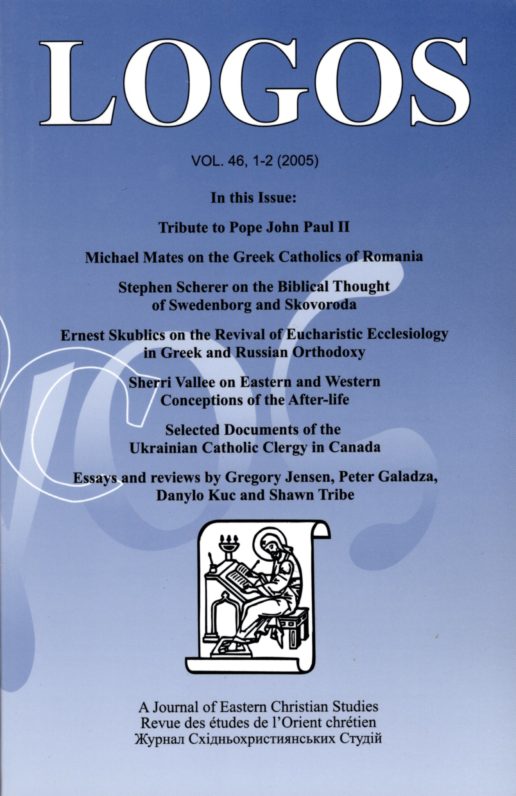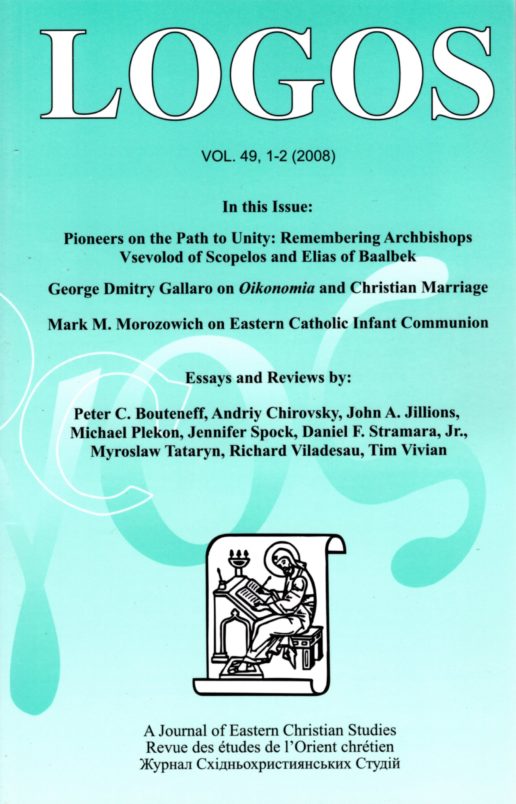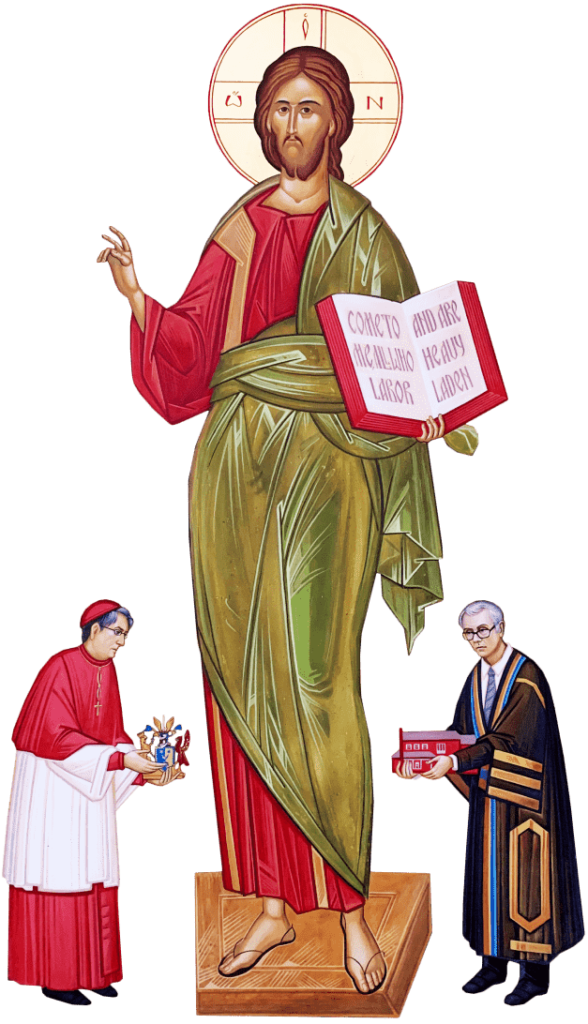Description
Table of Contents (PDF)
Articles
After “Reunion”: Soviet Power and the “Reunited” and “Non-Reunited” Greco-Catholic Clergy in Eastern Galicia (1950s–1960s) (PDF sample)
Kateryna Budz (357)
Abstract
In 1946, the Soviet regime liquidated the Ukrainian Greco-Catholic Church in Galicia through its forced “reunion” with the state-supported Russian Orthodox Church. Whereas most Greco-Catholic clergy officially joined the ROC, the “non-reunited” priests often experienced arrests and then, upon release, confrontation with clergy who had gone over to Orthodoxy. Based on archival sources and oral history accounts, the present article analyzes the extent of alienation that emerged between the former colleagues, friends, and relatives among the Greco-Catholic clergy as a result of the “reunion” campaign of the UGCC with the ROC. Drawing on the theoretical insights from the works of Hannah Arendt, Jan Gross, and Sheila Fitzpatrick, the article situates the relations between the two categories of clergy in the debate on “social atomization” under totalitarian regimes. The author concludes that although the Soviet state mostly succeeded in alienating the “reunited” and the “non-reunited” priests, the contacts between the two categories of clergy never ceased completely.
Резюме
У 1946-ому році радянський режим зліквідував Українську Греко-Католицьку Церкву в Галичині через „воз’єднання” з Російською Православною Церквою, яка втішалася піддержкою держави. Наскільки більшість греко-ка-толицького духовенства офіційно приєдналися до РПЦ,„не-воз’єднані” священики переносили арешти, а після звільнення, неприємні зустрічі з тими, які перейшли на православ’я. Базуючись на архівних документах та записах усної історії, стаття проаналізовує відчуження, яке постало між бувшими колегами, друзями та родичами спосеред греко-атолицького духовенства в результаті кампанії „воз’єднання” УГКЦ з РПЦ. Виходячи з теоретичних основ Ганни Арендт, Яна Ґросс та Шіли Фіцпатрик, стаття зосереджує співвідношення між двома категоріями духовенства серед дискусій про „суспільну атомізацію” під тоталітарними режимами. Автор робить висновок, що хоч радянській владі здебільша вдалося створити відчуження між „воз’єднаними” і „невоз’єднаними” священиками, все ж таки, контакти між ними ніколи зовсім не перервалися.
The Contemporary Protestant Seder: Anachronistic Revisionism? (PDF sample)
Timothy J. Wilkinson (391)
Abstract
In recent years the Seder has been enthusiastically embraced by evangelical Protestants, who celebrate the ritual for what are clearly religious, as opposed to cultural or political, reasons. However, contemporary reconstructions of the order of the Passover meal at the time of Christ are all speculative; the Jewish Seder that is known today did not take its present form until around 200 AD. This paper explores the question of why so many American Christians are willing to forgo the celebration of the Eucharist as the fulfillment of the Passover sacrifice in favor of the innovations of a later Judaism. A critique of the practice as informed by the Orthodox Christian tradition is offered.
Резюме
Останніми роками серед Євангельських Протестантів з ентузіязмом приймається юдейський Седер. Його святкують з причин не культурних чи політичних, але чітко релігійних. Та сьогоденні реконструкції ритуалу вечері з нагоди Песаху з часів Христа є всі спекулятивними. Юдейський Седер, який нам відомий сьогодні, набрав сучасної форми щойно коло 200-ого року після Христа. Стаття розглядає питання: чому стільки американських християн замість святкувати Євхаристію як сповнення пасхальної жертви, натомість готові прийняти іновації пізнішого юдаїзму? У статті подано критику з перспективи православної традиції.
Notes, Essays, Lectures
Vibrant Parish, Vibrant Church: A Report on the 2015 Sobor and Synod of the UGCC (PDF sample)
Andriy Chirovsky (411)
On Not Forgetting the Pseudo-Sobor of 1946 (PDF sample)
Adam A.J. DeVille (423)
“If You Pray Truly…” What Happens Next? On the Uses and Abuses of an Evagrian Dictum (PDF sample)
Augustine Casiday (431)
The Dramatic Blindness of Western Orthodox Theologians Towards Russia (PDF open access article)
Antoine Arjakovsky (451)
Review Essay
Once More Unto the Breach, Dear Friends: Orthodox and Catholic Views on the Papacy (PDF sample)
Adam A.J. DeVille (465)
The Orthodox Identity Crisis: A Review Essay (PDF sample)
Oliver Herbel (473)
Book Reviews
Maximos Vgenopoulos, Primacy in the Church from Vatican I to Vatican II: An Orthodox Perspective (Northern Illinois University Press, 2013), 220 pp.
Will Cohen (479)
Stephen H. Rapp, Jr. and Paul Crego, ed., Languages and Cultures of Eastern Christianity: Georgian (Surrey, England/Burlington, VT: Ashgate Variorum, 2012), iv + 377 pp.
Daniel Galadza (483)
Briefly Noted
Père Serge Boulgakov, Ma vie dans l’Orthodoxie: Notes autobiographiques, Irène Rovere-Sova and Mireille Rovere-Tsivikis, eds. and trans. (Geneva: Editions des Syrtes, 2015), 258 pp.
Michael Plekon (487)
Contributors (489)
Language: English, Ukrainian
Softcover: iv, 150 pages
Publisher: The Metropolitan Sheptytsky Institute of Eastern Christian Studies (June 22, 2016)
ISSN: 0024-5895
Digital File: $19
Size: 4 MB
A link to the PDF file of this title will be sent to you. The PDF file is for your personal use only. You may not copy, share, publish, or sell the file. Protected by copyright of the Metropolitan Andrey Sheptytsky Institute of Eastern Christian Studies.

